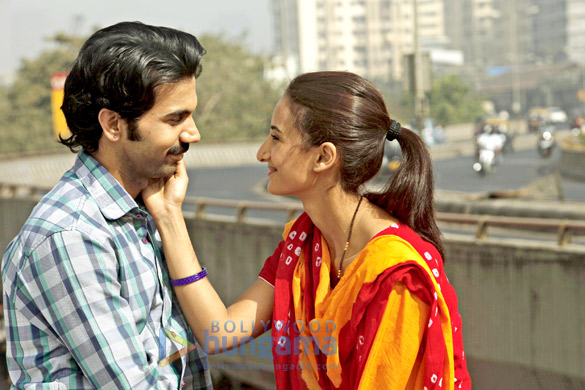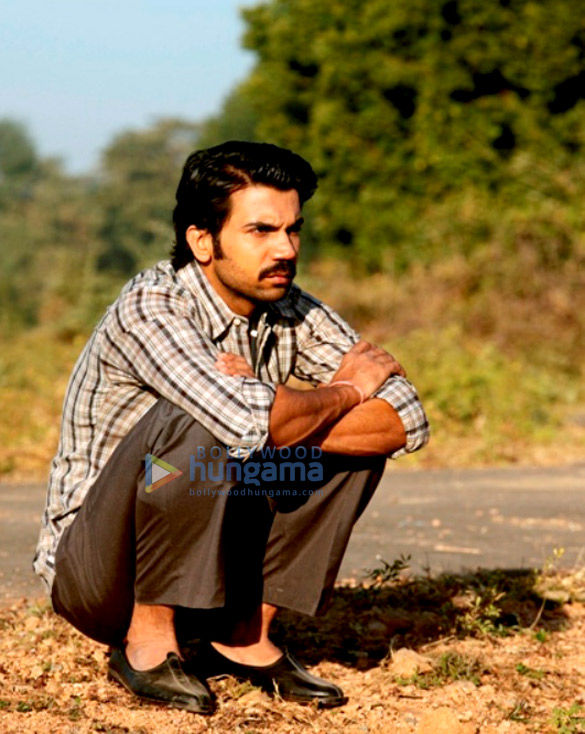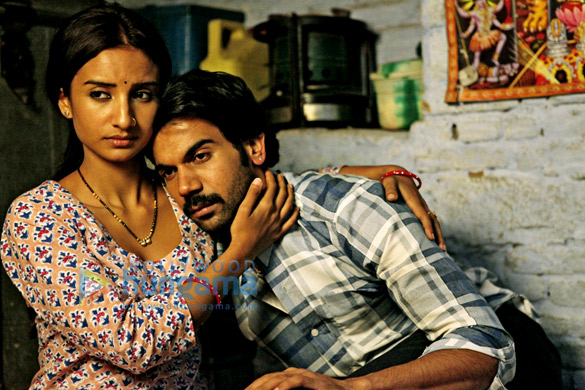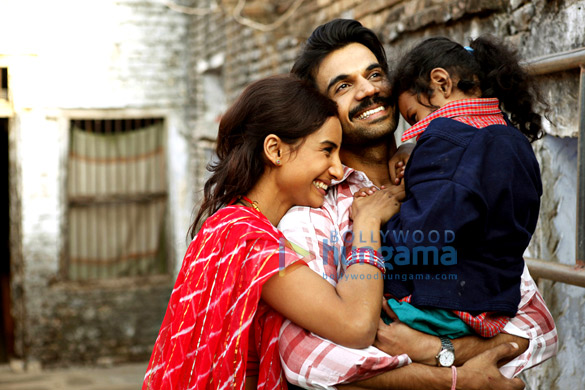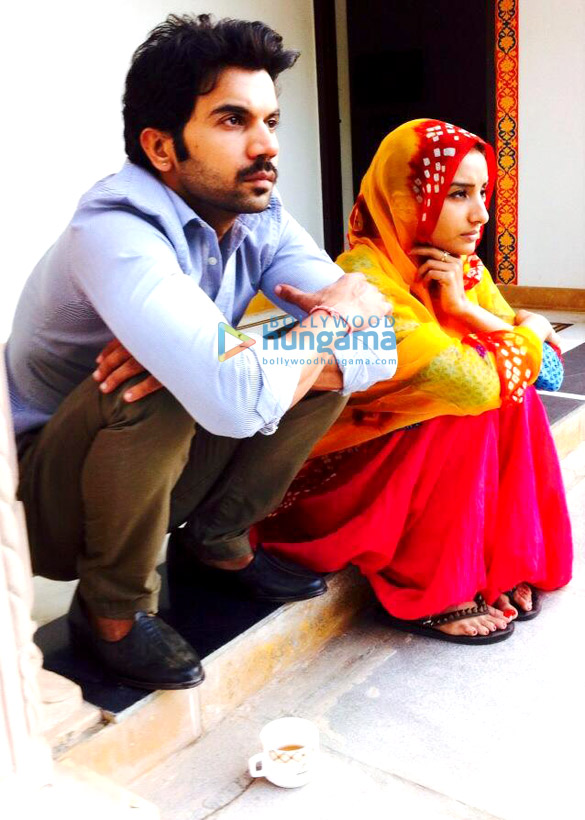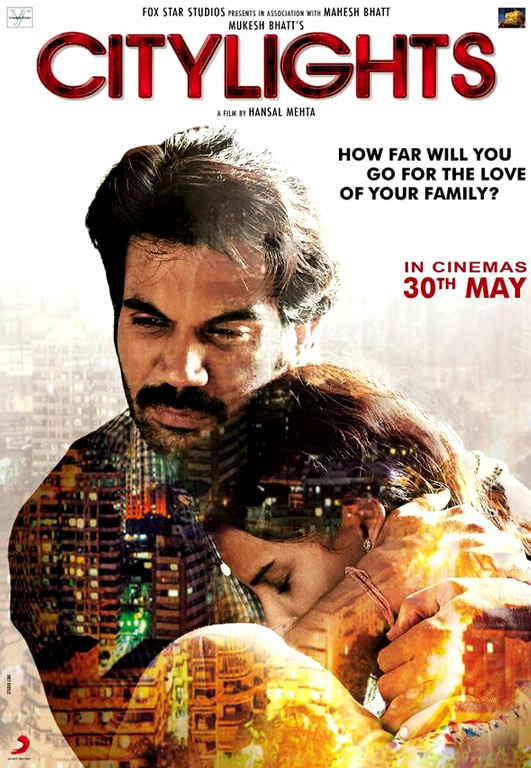Music: Jeet Gannguly
Lyrics: Rashmi Singh
Music Label: Sony Music
Expectations:
Our expectations are pitched really high - as this soundtrack is coming from a hi-voltage emotional drama from the house of Vishesh Films, the team behind Aashiqui 2.
Music:
Whatever way the movie turns out after all the hype, the music for once, lives up to expectations.
By far the finest song on this soundtrack and one of the standout numbers in recent times is Neeti Mohan's 'Darbadar'. In one stroke, Neeti raises her stature from good to much higher in this hauntingly written, composed and orchestrated number. The nuances and musical murkis that Neeti brings are clearly not all the composer's contribution, and there is a load of warmth and compassion in her delivery of this haunting number, as if the singer is personally comforting the traumatized character on screen!
The recurrent riffs and musical phrasing have more than a whiff of Anu Malik's emotion-heavy best work (Sir, Saaya, Murder, Zeher) for Vishesh Films in the past, and the simplicity and use of the guitar are reminiscent of Pritam's simple mastery at evoking feelings and moods, again highlighted in Vishesh's films like Gangster, Tum Mile and others. All this clearly indicates, if any more proof is needed after so long, that the producers have a yen for such musical intensity and lyrical potency irrespective of the composer.
Rashmi Singh's lyrics ('Kiski chali hai uske aage /Teri chalegi kahaan') prove that under the right environs, we finally have a new writer who blends the three vital S's of lyrics - substance, simplicity and sound (as in phonetic harmony with the flow of the metre) - in an effortless package. Besides reminding us of the simple genius of another Vishesh protégé, Sayeed Quadri, Rashmi seems to be treading the wholesome path traversed by institutions like Shailendra, Indeewar and Anand Bakshi.
Arijit Singh's lead track 'Muskurane' is a guitar-based song that seems to fuse a Bengali folk idiom with modern music and just a touch of Sufism. However, in these days when they are barely any composers who carve out an unmistakable imprint of individuality in orchestration or composition, the song could be confused again with a Pritam composition, despite being a completely original Jeet Gannguly creation!
Rashmi's lyrics once again facilitate feelings as Arijit Singh spins magic and adds one more memorable song to his already burgeoning repertoire. The singer invokes the right emotions in his rendition and brings in the right haunting tenor.
The second version is arranged differently, and Mohammed Irfan gives it his best. Despite being slower (conventionally this is supposed to lead to a better, more haunting version), the song loses out to the Arijit version in impact. Whether by intent or inability, this version lacks the vital small nuances in the vocals that make the crucial difference. The superiority of the former in its orchestration is also undeniable.
Arijit almost sounds like Kishore Kumar in his resonant exposition of pathos in 'Soney Do', never mind if there is a passing resemblance in metre to Vishal Bhardwaj's 'O Saathi Re' (Omkara) in only the first line. The rest of the composition is sparklingly fresh and in terms of orchestration, this is the best track on the score, complete with the overlay of classical vocal sargam towards the end. A lovely composition, it also demonstrates how quickly Arijit has evolved into a league of his own among newcomers.
Once again, Rashmi's words are the life and soul ('Tere shehar ka kaam hai chalna / Yoon hi be-matlab / Cheheron ke iss mele mein / Apna koi milne do naa') and provides the intense anchor for the remaining elements of the song.
A lingering guitar riff opens up 'Ek Charraiya' with Arijit Singh scaling the high octave in the antara with ease. The tune and musical accompaniments impart a Baul (the music of the Bengali wandering minstrels)-like ambience. The lyrics about the optimistic search of happiness echo the flavour of this haunting genre of mystical Bengali folk, with the single pluck of the guitar representing and even resembling the minstrel's most common instrument, the single-stringed ektara.
The song's Jeet Gannguly-rendered version is identical except for the voice. The composer's enunciation of the few high-pitched sections only confirms the influence of Baul.
The last track, 'Citylights - Title-Song' is a fusion number between Ustad Rashid Khan and Usha Uthup. Highlighting the remorseless characteristics of a big city, it is an average track, forgotten as soon as it is over despite the experiment of bringing a renowned classical maestro and an evergreen pop exponent together.
Overall:
Emotionally moving sums up this beautiful and heartfelt album. Rashmi Singh is a brilliant find with lyrics that are direct and pithy. And we wonder why melody cannot be so supple each time, and lyrics so simple, direct, unalloyed and devoid of oblique metaphors and an overdose of the wrong elements. For this alone, the music team deserves a standing ovation!
Our Pick:
'Muskurane', 'Soney Do', 'Ek Charraiya', 'Darbadar'

